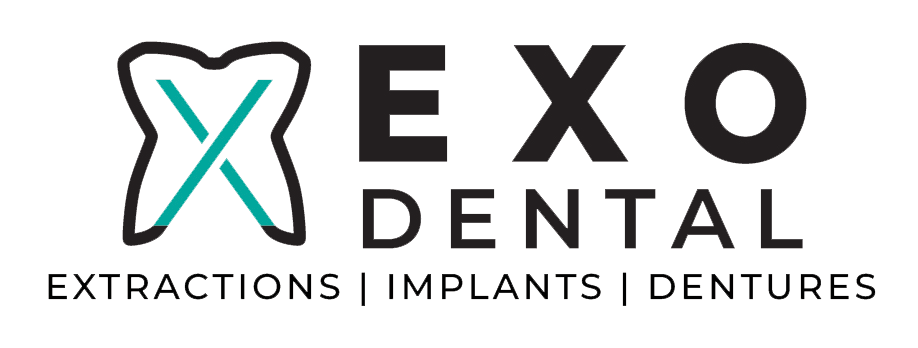Post-Op Dental Care: Healing after Tooth Extraction - Part 1
Tooth extraction is a dental procedure that involves removing a tooth from its socket. It can be done for several reasons, including decay, infection, crowding, and impacted teeth. While the procedure itself may be relatively simple, the recovery process can be challenging. Post-operative dental care is crucial to ensure proper healing and avoid complications.
This article will discuss what to expect after tooth extraction, the importance of following aftercare instructions, pain management, diet and oral hygiene changes, and complications to look out for.
What to Expect After Tooth Extraction
After tooth extraction, it is common to experience swelling and pain. The swelling usually peaks after 48 hours and gradually subsides over the next few days. Pain can be managed with over-the-counter pain relievers or prescription medications. Bleeding is also common and can be controlled by biting down on the gauze for 30-45 minutes. Blood clots will form in the socket to promote healing.
Changes in diet and oral hygiene routine are necessary after tooth extraction. Patients should avoid hard, chewy, and sticky foods that can dislodge blood clots and delay healing. Instead, opt for soft foods like soup, yogurt, and smoothies. It is also essential to maintain good oral hygiene to prevent infection. Patients must also prevent themselves from brushing the extraction spot for the first 24 hours and then gently rinse with saltwater. Avoid using mouthwash or spitting vigorously, as it can dislodge the blood clot.
The Importance of Following Aftercare Instructions
Following aftercare instructions is crucial to ensure proper healing and avoid complications. Patients should carefully read and follow the instructions provided by their dentist or oral surgeon. The instructions typically include information on pain management, diet, and oral hygiene changes, and complications to look out for.
As usual, patients are required to avoid smoking, drinking through a straw, and vigorous exercise for at least 24 hours after tooth extraction. These activities can increase the risk of bleeding and delay healing. Taking any prescribed medications as directed is essential, even if the pain is manageable.
Pain Management
Pain after tooth extraction can be managed with over-the-counter pain relievers or prescription medications. Patients can take acetaminophen or ibuprofen every four to six hours for the first few days. If the pain is severe, the dentist may prescribe stronger pain medications like opioids. It is essential to take pain medication as directed and not exceed the recommended dosage.
Tips for managing pain include applying an ice pack to the affected area for 10-20 minutes at a time, taking pain medication with food to avoid stomach upset, and avoiding alcohol while taking pain medication.
Diet and Oral Hygiene Changes
After tooth extraction, diet, and oral hygiene changes are necessary to ensure proper healing. Patients refrain from indulging in hard, chewy, and sticky foods that can dislodge the blood clot and delay healing. Instead, opt for soft foods like soup, yogurt, and smoothies. It is also crucial to maintain good oral hygiene to prevent infection. Patients should avoid brushing the extraction site for the first 24 hours and then gently rinse with saltwater. Avoid using mouthwash or spitting vigorously, as it can dislodge the blood clot.
Complications to Look Out For
Complications after tooth extraction are rare but can occur. A dry socket is a common complication that happens when the blood clot dislodges from the socket. It can cause severe pain and delay healing. Infection can occur if bacteria enter the socket, causing swelling, pain, and fever. Nerve damage can cause numbness or tingling in the tongue, lips, or chin.
Patients should contact their dentist or oral surgeon if they experience severe pain, bleeding that does not stop, fever, or signs of infection like swelling or pus.
Conclusion
Post-operative dental care is crucial to ensure proper healing after tooth extraction. Patients should follow aftercare instructions carefully, manage pain, make diet and oral hygiene changes, and be aware of possible complications like infection, dry socket, and nerve damage. By following these guidelines, patients can ensure a smooth and successful recovery after tooth extraction.
If you are looking to undergo
wisdom tooth extraction in Arkansas, look no further than our services here at Exo Dental. We provide comprehensive digital dentistry, dental implants, and oral surgery services like wisdom tooth removal for adults and teens. Call us today to book your first dental extraction appointment with us.
Don't hesitate to contact Exo Dental in Rogers to discuss your tooth removal and oral surgery options. Hablamos Español.

